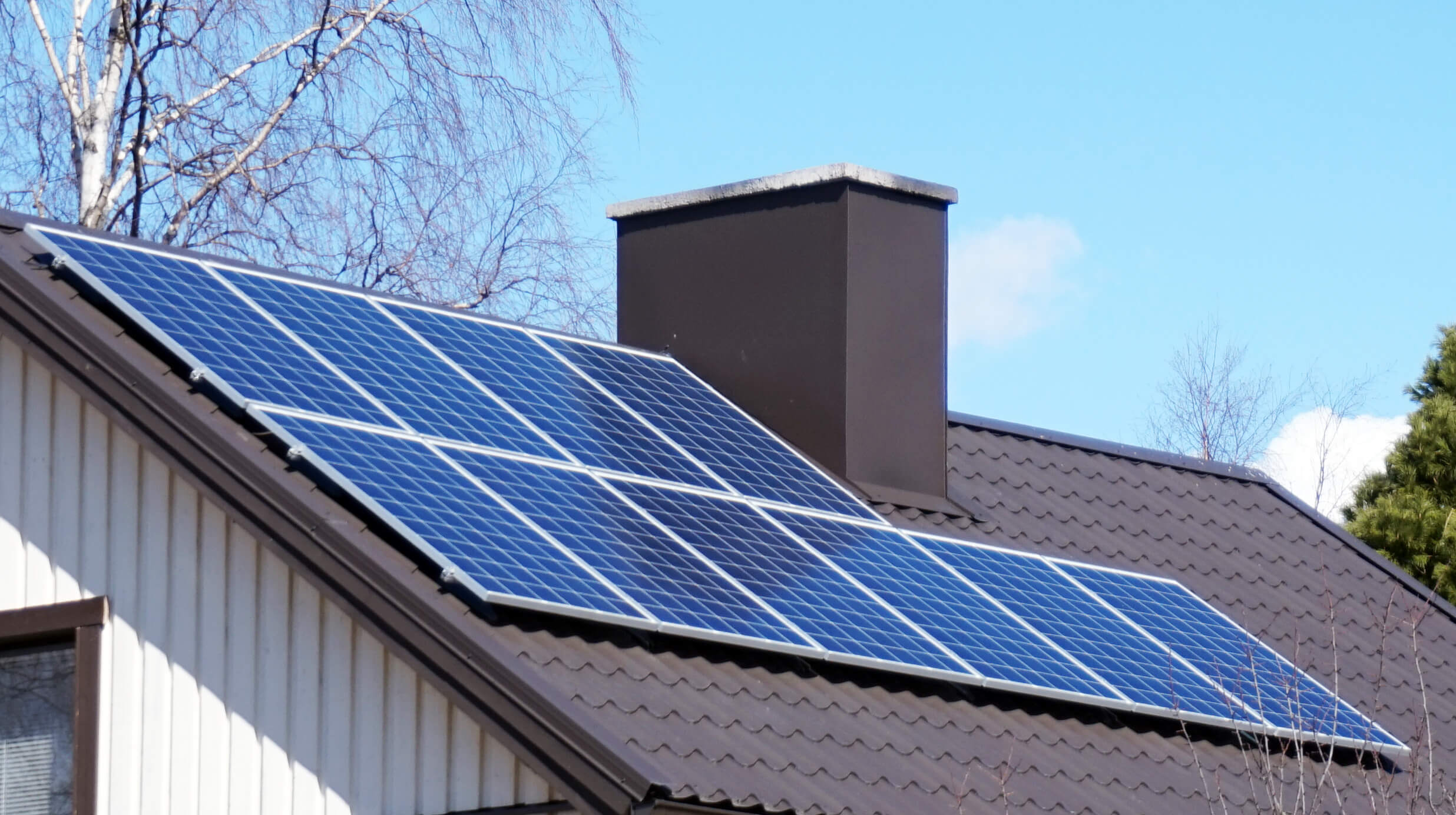It’s time to remove limits on rooftop solar in Michigan
Here, in Michigan – a state not known for its sunshine – rooftop solar has shown true promise. Thousands of Michiganders are installing solar on their rooftops to reduce their energy costs and do their part to reduce pollution in our air.
Under current law passed in 2016, Michiganders who install rooftop solar are able to sell the energy they generate back through the grid to utility companies, which then goes to nearby sources that need it, like their neighbors. This program is called distributed generation.
Unfortunately, the law caps distributed energy at 1% of each utility company’s peak load averaged out over the past five years, which means if you take the highest amount of energy a utility company needs to meet demand for its customers, no more than 1% of that energy can come from customer generated clean energy.
This cap has been reached by some companies and will soon be reached by others, which would all but put a halt to more rooftop solar in our state.
In February 2021, State Representative Greg Markkanen (R) introduced legislation to remove this unnecessary cap on rooftop solar and open the door to more Michiganders eager to get their energy from the sun.
This common sense legislation will help create jobs in our state and give Michiganders the opportunity to do their part to protect our air and health – all while saving money on their energy bills.
Here are some reasons why this legislation is right for our state:
Rooftop solar creates good jobs and contributes to a clean economy
The economy has suffered during COVID. By lifting the 1% cap, we can grow our economy and put Michiganders to work installing rooftop solar panels, setting up wiring and managing projects while supporting jobs along the supply chain.
It also helps our state’s transition to cleaner, more affordable energy. The legislation is essential for building a cleaner economy, which aligns with Governor Whitmer and President Biden’s plans to reach 100% economy-wide carbon neutrality by 2050.
Rooftop solar provides value to the electric grid and helps reduce costs for everyone
Michigan has some of the highest energy costs in the Midwest and across the country, with Michiganders in the Upper Peninsula especially impacted.
Solar energy generates electricity when the sun shines bright and the weather is the hottest, which is also when electricity is the most expensive.
By selling their energy back to the grid, rooftop solar users provide energy to their neighbors (decreasing transmission losses and wasted energy) when prices are highest. This helps lower energy costs for the system overall.
And those customers that are generating this clean energy aren’t even getting a good rate!
Under current law, Consumers Energy and DTE are reimbursing solar customers at a much lower rate for the energy they return to the grid. According to a 2018 report, utility companies were paying rooftop solar users 3.9 cents per kilowatt hour and selling it for 13.8 cents per kilowatt hour.
Still with technological advances, rooftop solar users are able to eventually pay back their investments while producing clean energy for their neighbors.
The arbitrary limit on rooftop solar is unnecessary
There is no rhyme or reason to have a 1% cap on the amount of energy that can come from rooftop solar. Our state is the only in the nation that has this kind of limit, and experts agree.
The chair of the Michigan Public Service Commission that oversees our energy system said himself before a state House Committee that there aren’t any engineering or economic reasons to have the cap in place.
The limit was put in place based on bad information, and maintaining it serves primarily to boost big utility corporate profits; with everything we know now, it should be lifted.
House Bill 4236 fixes this flaw and puts in place a solution that will allow more Michiganders to use rooftop solar into the future.
Clean energy helps protect our health
The Covid-19 Pandemic put public health center stage for most Michiganders. Experts have found that exposure to air pollution and even toxic contaminants in our water weaken our immune system and make us more susceptible to the virus.
Rooftop solar is one way for Michiganders, community organizations, schools and businesses to do something to clean up our air and protect our environment and transition away from coal and gas for our energy.
Burning fossil fuels for our energy is the largest contributor to air pollution. Fossil fuels, like coal, release pollution that contributes to illnesses and adverse health effects including lung and heart disease, asthma, birth defects, and cancer.
Historically, fossil fuel plants are often found near low-income and minority communities, polluting the local air and disposing of coal ash in surrounding land, groundwater and surface water.
Increasing access to solar energy in Michigan will help communities that have been impacted by pollution by reducing our reliance on coal and natural gas.
At the end of the day, lifting the cap on distributed generation makes good, common sense for Michigan.
As we continue to grapple with Covid-19 and its impact on our economy, we should be looking for new ways to create jobs and get us back on track. Rooftop solar is a blooming industry that’s destined for growth, as long as we let it.
House Bill 4236 will allow rooftop solar to continue in Michigan, helping reduce pollution in our air while boosting our economy.
The legislation currently sits before the House Energy Committee chaired by Representative Joe Bellino (R-Monroe). Rep. Bellino and his committee should send a clear message that Michigan is open for clean energy business and pass this legislation.

